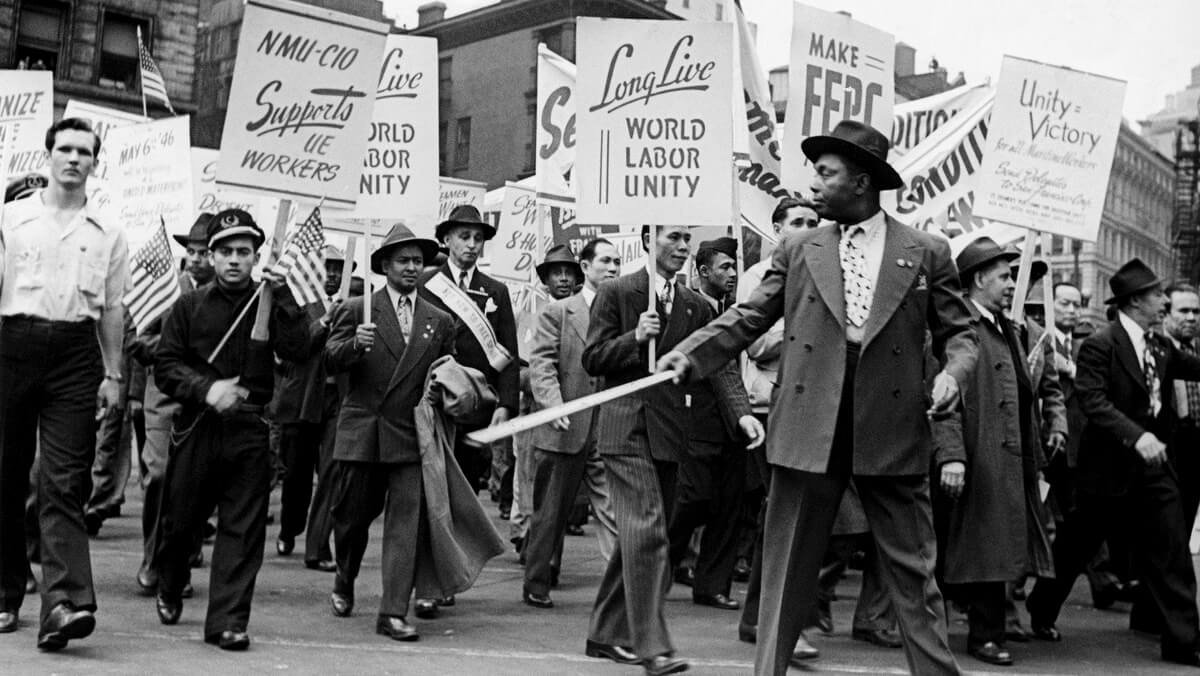
Independent Contractors
Key Takeaways:
You are not an independent contractor just because your employer says so.
Employers abuse the independent contractor label to avoid paying workers important benefits, and to avoid paying into state benefit programs and other taxes.
There is no such thing as a “1099 Employee.” If your employer calls you that, call a lawyer!
Employers may exploit the independent contractor label to the detriment of employees. If you’re classified as an independent contractor, it is important to understand your rights and California law, as you may be missing out on important legal protections and additional wages.
Understanding the ABC Test
California's Assembly Bill 5 (AB 5) introduced the ABC test, a stringent standard for classifying workers as independent contractors. This test, now codified under Labor Code Section 2750.3, assumes a worker is an employee unless the employer can prove all three of the following:
A. The worker is free from the control and direction of the hiring entity concerning the performance of the work. This means you are totally free to dictate your own schedule, and how you do your job. For example, you should be free to hire other employees of your own or “subcontract” out parts of your job to others. Most employers fail this first test.
B. The worker performs work that is outside the usual course of the hiring entity's business. This means you are doing a job that is very different than whatever it is your employer does. For example, a doctor’s office hiring a plumber to fix a sink in the breakroom.
C. The worker is customarily engaged in an independently established trade, occupation, or business of the same nature as the work performed.
Employer Abuse and Implications
Despite the clarity provided by the ABC test, some employers may still attempt to misclassify employees as independent contractors. This misclassification can lead to severe consequences, as it allows employers to avoid providing benefits such as health insurance, retirement plans, and paid time off. Moreover, independent contractors are responsible for their own taxes, which means employers can sidestep payroll taxes, workers' compensation, and unemployment insurance contributions.
One of the more insidious aspects of misclassification is the denial of overtime wages. Employees classified as independent contractors are not entitled to overtime pay under California law, creating a financial burden for workers who may be putting in extra hours for less pay. This abuse of the independent contractor label erodes the rights and protections afforded to employees, undermining the fundamental principles of fair labor practices.
If you believe you have been misclassified as an independent contractor, seeking legal advice is crucial to understanding your rights and pursuing the appropriate remedies. Contact us today to discuss your situation and explore the legal options available to you.
